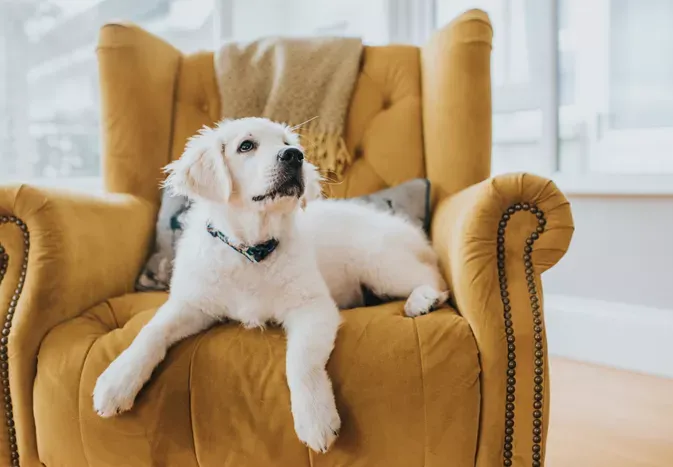How Long Do Dogs Hold Their Poop?
Updated on 04/26/24

How Long Do Dogs Hold Their Poop: A Comprehensive Guide for Dog Owners
As a responsible dog owner, understanding your dog's elimination habits is crucial for their well-being and maintaining a clean and healthy environment. One question that often puzzles dog owners is: How long can dogs hold their poop?
Factors Influencing Poop-Holding Ability
The ability of a dog to hold its poop varies depending on several factors, including:
1. Age: Puppies and elderly dogs have weaker muscles and digestive systems, making it harder for them to control their bowels. Adult dogs typically have better control over their elimination.
2. Breed: Some breeds, such as Greyhounds and Doberman Pinschers, are known for their strong sphincter muscles and can hold their poop for an extended period. Smaller breeds, like Toy Poodles and Chihuahuas, may have less control and need to eliminate more frequently.
3. Health Conditions: Underlying medical conditions, such as gastrointestinal issues, diarrhea, or urinary tract infections, can interfere with a dog's ability to hold its poop.
4. Diet: A fiber-rich diet can bulk up stools and make them easier to hold, while a high-fat diet can cause loose stools and the need for more frequent elimination.
5. Training: Housebreaking and training a dog to eliminate on command can significantly improve their ability to hold their poop.
Average Timeframe for Holding Poop
On average, healthy adult dogs can hold their poop for approximately 8-12 hours. However, there are exceptions to this timeframe, and some dogs may need to eliminate more frequently or less often depending on their individual factors.
Examples of Poop-Holding Timeframes
Here are some examples of how different factors can influence poop-holding timeframes:
* A healthy 2-year-old Labrador Retriever that receives a balanced diet and regular exercise may be able to hold its poop for up to 10 hours.
* A 6-month-old German Shepherd puppy may need to eliminate every 2-3 hours due to weaker muscles and a developing digestive system.
* An elderly Chihuahua with a history of gastrointestinal issues may need to eliminate as often as every 30 minutes.
Signs of Needing to Eliminate
When a dog needs to eliminate, it will often exhibit certain signs, such as:
* Circling or pacing
* Sniffing the ground
* Whining or barking at the door
* Sitting or squatting in a "hunched over" position
What to Do If Your Dog Holds Its Poop Too Long
If you notice that your dog is holding its poop for an unusually long time, it's important to take action. Excessive poop retention can lead to constipation, discomfort, and even serious health problems.
* Encourage Movement: Take your dog for walks or playtime to stimulate their bowels and encourage elimination.
* Check for Underlying Conditions: If the problem persists, consult your veterinarian to rule out any underlying medical conditions that may be preventing your dog from eliminating regularly.
* Establish a Regular Potty Schedule: Dogs thrive on routine. Establishing a consistent potty schedule can help regulate their digestive system and prevent poop retention.
* Consider a High-Fiber Diet: A diet rich in fiber can help bulk up stools and make them easier to pass. Consult your veterinarian for recommendations on appropriate high-fiber diets.
* Rule Out Anxiety or Stress: Some dogs may hold their poop due to anxiety or stress. Providing a calm and supportive environment can help reduce anxiety and encourage regular elimination.
Conclusion
Understanding how long your dog can hold its poop is essential for their comfort, health, and hygiene. By paying attention to their habits, addressing any potential issues promptly, and providing a supportive environment, you can help your furry friend maintain a healthy elimination routine.
Explore More Pets

Basic Training
Puppy and Baby Introductions

Working Dog Breeds
All About Search and Rescue Dogs

Dog Treatments
Puppy Vaginitis: Signs, Causes and Treatment

Dog Adoption
After More Than 1,200 Days in the Shelter, Coco Goes Home

Basic Training
How to Train Your Puppy to Go on Potty Pads

Hybrid Dog Breeds
The Difference Between a Mutt, Mixed Breed, or Designer Dog?

Dog Treatments
Nail Problems in Dogs

Puppies
7 Reasons Why Two Dogs Are Better Than One